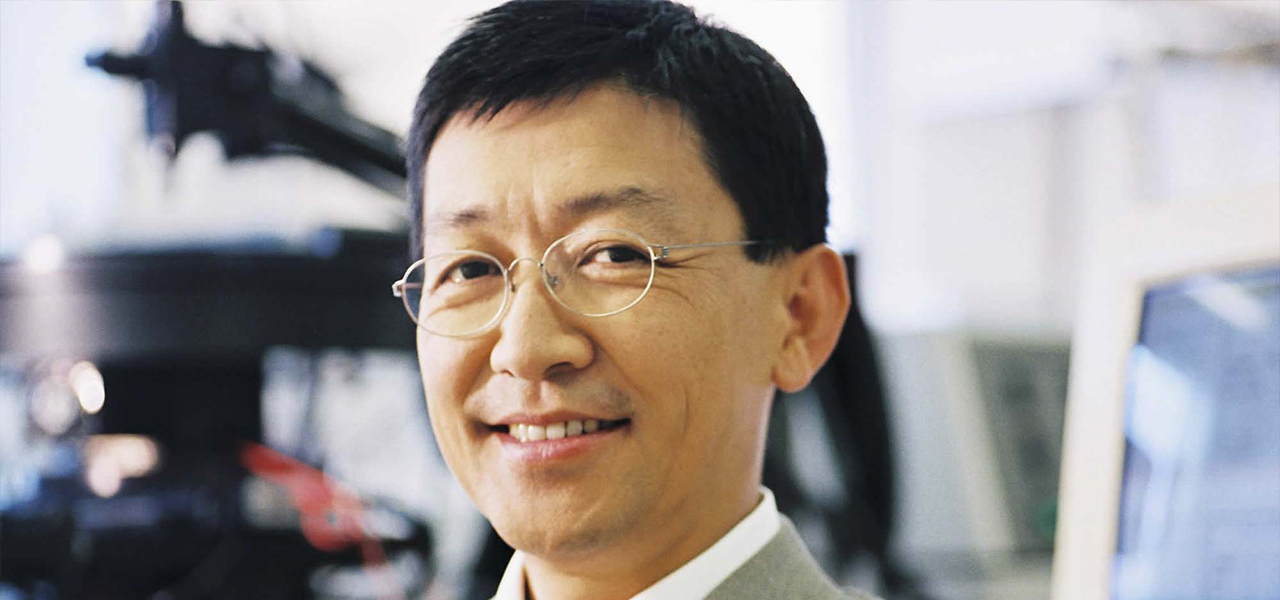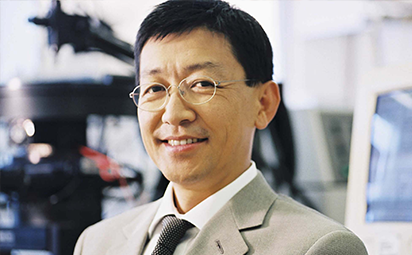Dr. Kazuaki Tarumi
Lesen Sie den Dr. Kazuaki Tarumi Artikel „Innovationsin Germany and Japan“ in „Das Deutschland-Prinzip“.
3. August 2015
Dieser Beitrag erscheint im Original im Buch „Das Deutschland-Prinzip“. Im Buch erörtern 175 prominente Gastautoren Ihre Standpunkte darüber, was Deutschland stark macht.
Lesen Sie hier eine Auswahl der Beiträge.
Innovations in Germany and Japan
How to realize a successful innovation process, or more exactly how to create an innovative idea and implement it as a product in the market leading to an economical success is a decisively important question. There is neither simple nor unique answer. Thus, I only try to point out necessary factors taking reference to typical different working “Ansaetze” between Germany and Japan. The first important factor of the first step as idea creation is to compose project members by heterogeneous people from various backgrounds (i.e., different scientists, engineers) and various stems (for instance, different nationalities), since very often novel ideas appear from interfaces between those.
The second is to allow members to list up even crazy or strange ideas and respect those even as a minority. Germany has a big advantage in this first step contrary to Japan. Japanese society is very homogeneous and often do not like heterogeneous atmosphere. In addition Japan is a consensus society and every Japanese tries to belong to majority in every discussion. People who create novel ideas often begin with a minority and have rare chance in Japan. Important prerequisite of the second step is a smart filtering process for the implementation into a product from innovative ideas. This is by no means feasible in Germany. Every owner of creative ideas is absolutely convinced of their own idea and bring many arguments to push through it. In addition this is a good tradition in Germany to like thorough discussions. Therefore even more important is to have a good innovation management of smart filtering process leading to a team consensus. Otherwise, they tend to discuss too long and lose the timing. Contrary to Germany, the filter ing is a feasible process in Japan since already only few ideas are on the table as a consensus. A very critical question is whether those are really novel and innovative.
Another important factor of the second step is to take a careful watch on needs of corresponding end users of target products. I have very often experienced that products with the best technology do not necessarily win in the market. Both Germany and Japan belong to leading countries at high technologies. There is a certain natural belief of a success of the best technology product in the market. How ever, this is unfortunately not always the case. If you simply think about the recent various Apple products that mainly consist of already exist ing/available technologies, how ever exactly meet or even awake the needs of end users.
You might identify in my short notice that German and Japanese could compensate their weak points each other. I therefore believe that the cooperation of these two countries is a strong team for success.

